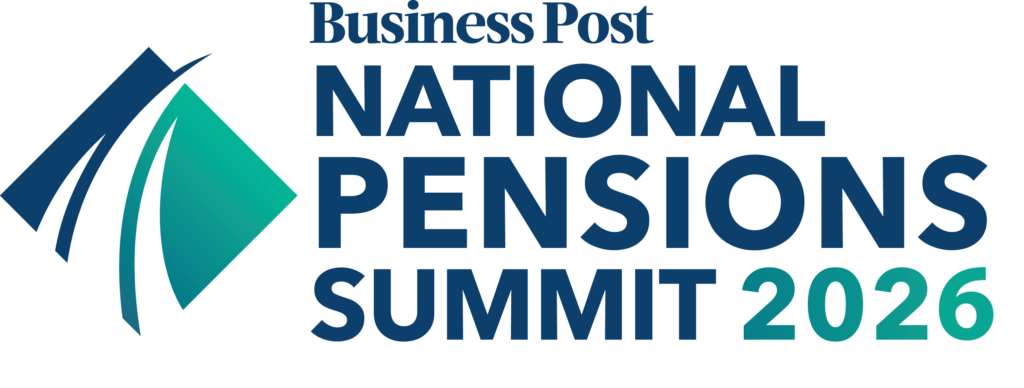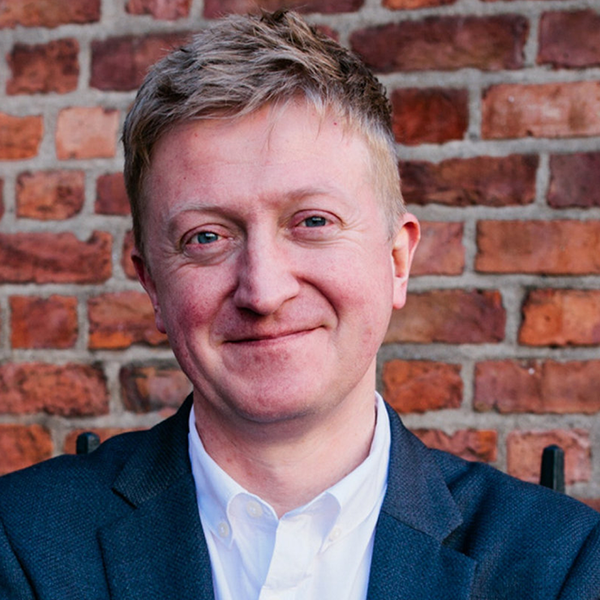A behavioural economist, Pete holds degrees in Philosophy & Psychology, Neuroscience and Economics. His primary research interest is how people make judgements and decisions that affect environmental, financial and health outcomes, especially when facing complex systems and trade-offs.
Beginning in 2012, Pete built a team of behavioural scientists at the ESRI that specialises in designing and conducting laboratory, online and field experiments to inform policy. The BRU team has since undertaken research for many government departments and state agencies and has worked internationally with the OECD and the European Commission. Recent studies include investigations into how improving people’s understanding of climate change affects their willingness to support pro-climate policies, how better food labelling alters people’s food choices and how simplified financial communications can increase household savings.
Between 2020 and 2022, much of Pete’s work concerned the COVID-19 pandemic. The BRU worked with the Department of the Taoiseach to develop the Social Activity Measure (SAM) and undertook multiple experimental studies for the Department of Health to provide behavioural evidence to support public health guidance. Pete is a member of the government’s COVID-19 Advisory Group.
Pete’s research has been published in international journals in public health, economics, psychology, finance, environmental science and consumer research. However, as a former BBC journalist, he believes strongly in science communication and is a regular contributor to Irish and international television, radio, newspapers and podcasts.
Pete is an Adjunct Professor in the Department of Economics at Trinity College Dublin (TCD). He teaches behavioural economics at both TCD and University College Dublin (UCD). Pete also regularly provides training in behavioural economics and behavioural science to public servants.

